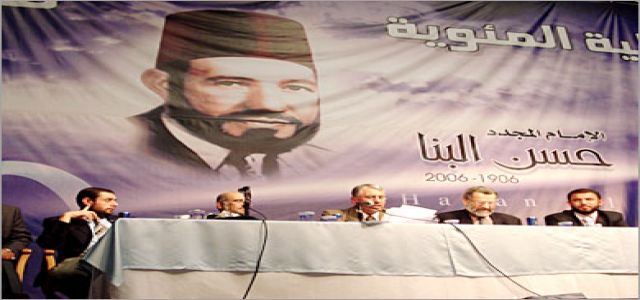|
|||||||||
| :: Issues > Political Islam Studies | |||||||||

Democracy ‘normalizes’ Islamists?
The report’s authors stress that such shifts are not an inevitable result of democratization. Critical variables encouraging ‘normalisation’ of Islamist parties include the existence of strong competition from other parties or movements; the legitimacy of countervailing forces or institutions; and the adoption of genuinely participatory, non-violent strategies.
|
|||||||||
| Tuesday, December 9,2008 16:36 | |||||||||
|
|||||||||
|
The evolution of Islamist parties in Egypt, Turkey and Indonesia indicates the conditions under which political participation might normalize them, a [1] comparative survey from Australia’s Lowy Institute suggests. Drawing on case studies of Egypt’s [2] Muslim Brotherhood, Indonesia’s Prosperous Justice Party (PKS) and Turkey’s ‘post-Islamist’ Justice and Development Party (AKP), the report argues that, as Islamist parties move from authoritarian to democratic contexts, several “fairly [3] consistent shifts in Islamist ideology and activism” emerge:
The report’s authors stress that such shifts are not an inevitable result of democratization. Critical variables encouraging ‘normalisation’ of Islamist parties include the existence of strong competition from other parties or movements; the legitimacy of [5] countervailing forces or institutions; and the adoption of genuinely participatory, non-violent strategies. The authors are critical of the “Faustian pact that secular liberals have made with authoritarian rulers” in many states, noting that such compromises neither prevent repressive measures against Islamists being used against others nor stop regimes from adopting Islamist-tinged restrictions in an effort to co-opt popular religious sentiment.
Article printed from Democracy Digest: http://www.demdigest.net/blog URL to article: http://www.demdigest.net/blog/1220/democracy-normalizes-islamists.html URLs in this post: Click here to print. |
|||||||||
|
Posted in Political Islam Studies |
|||||||||
|
|||||||||
|
|
|||||||||
| Related Articles | |||||||||
|
|






